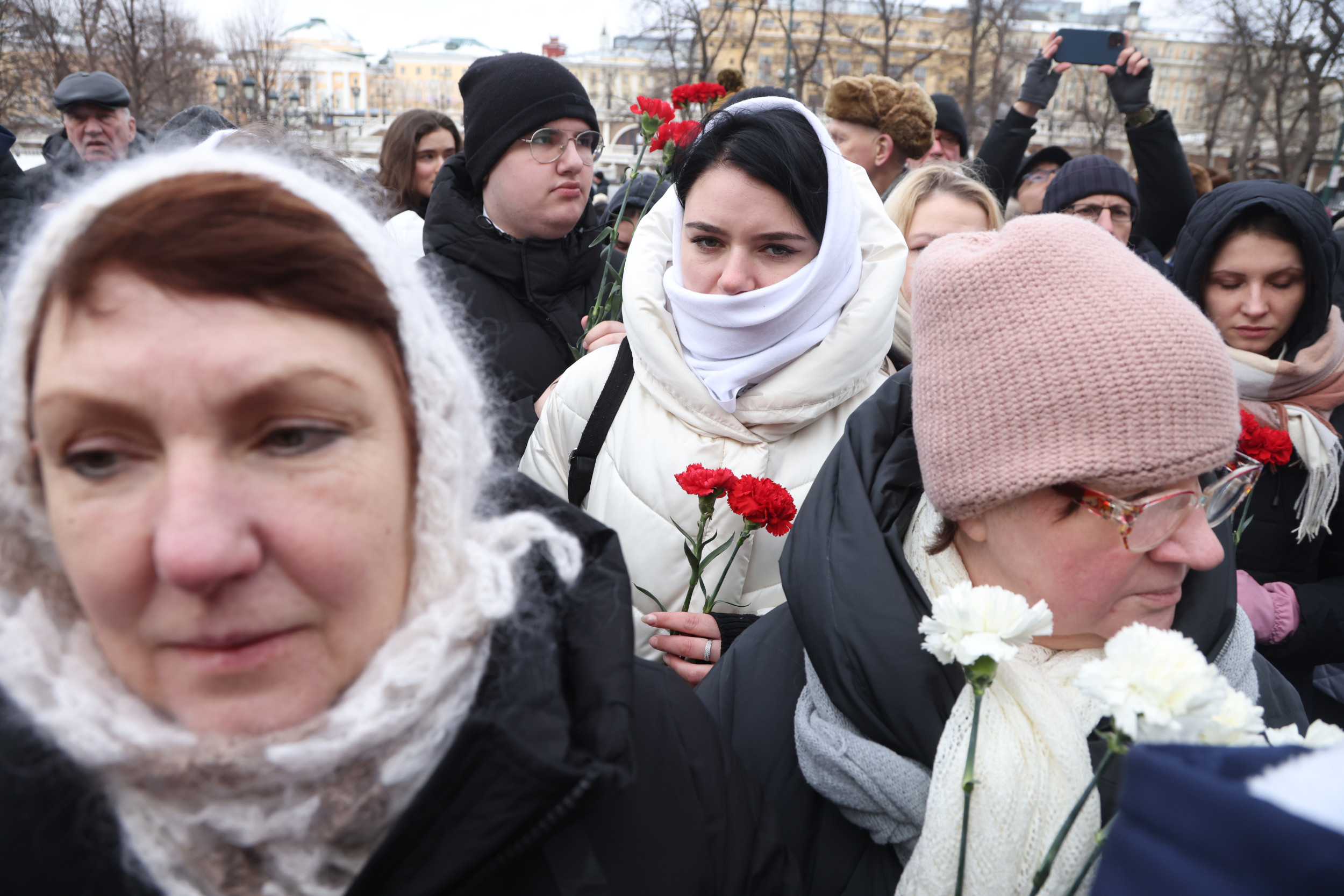A recent poll reveals that nearly half of Russians now favor withdrawing their troops from Ukraine, despite not achieving President Vladimir Putin’s objectives in the ongoing conflict. Independent polling firm Chronicles conducted the survey after Ukraine’s recent actions in the Kursk region, which seem to have affected public morale regarding the war launched over two years ago.
Putin’s aims, branded as a “special military operation,” are somewhat unclear but generally include undermining Ukraine’s connections with NATO, curbing nationalism, and expanding Russian territory.
The poll, executed with ExtremeScan, showed that 49% of respondents support troop withdrawal and initiating peace talks with Ukraine, marking a 9-point increase from January 2024 when only 40% were in favor. In contrast, 33% opposed a withdrawal under these conditions—a decrease from 39% earlier in the year. The survey, conducted from September 10 to 17 among 800 individuals, had a margin of error of 3.45%.

Chronicles analyst Miniailo noted that public sentiment shifts based on military successes. For instance, earlier this year, when Russian forces made strides in the Donetsk region, support for the war was higher. The recent Ukrainian advances, however, have led many to reconsider continuing the fight.
Interestingly, a significant 63% of respondents expressed a desire for a peace treaty with Ukraine that includes mutual concessions, ideally within the next year. As the war’s second anniversary of partial mobilization approaches, there seems to be a growing hesitance among the populace regarding participation in the conflict—only 29% now support a new mobilization effort.
While state polling in Russia is often viewed as unreliable due to restricted dissent, Chronicles claims that their methodology provides a clearer picture of public sentiment. The organization also noted that in border areas facing the impact of Ukrainian shelling, support for the war tends to spike—a “rally-around-the-flag” effect. Yet, when people confront the war’s direct consequences, such as evacuation or home damage, support plummets.
Miniailo concluded that most vocal supporters of the war have not experienced its realities. As the conflict hits closer to home, whether through economic impact or personal loss, people’s support tends to wane.
